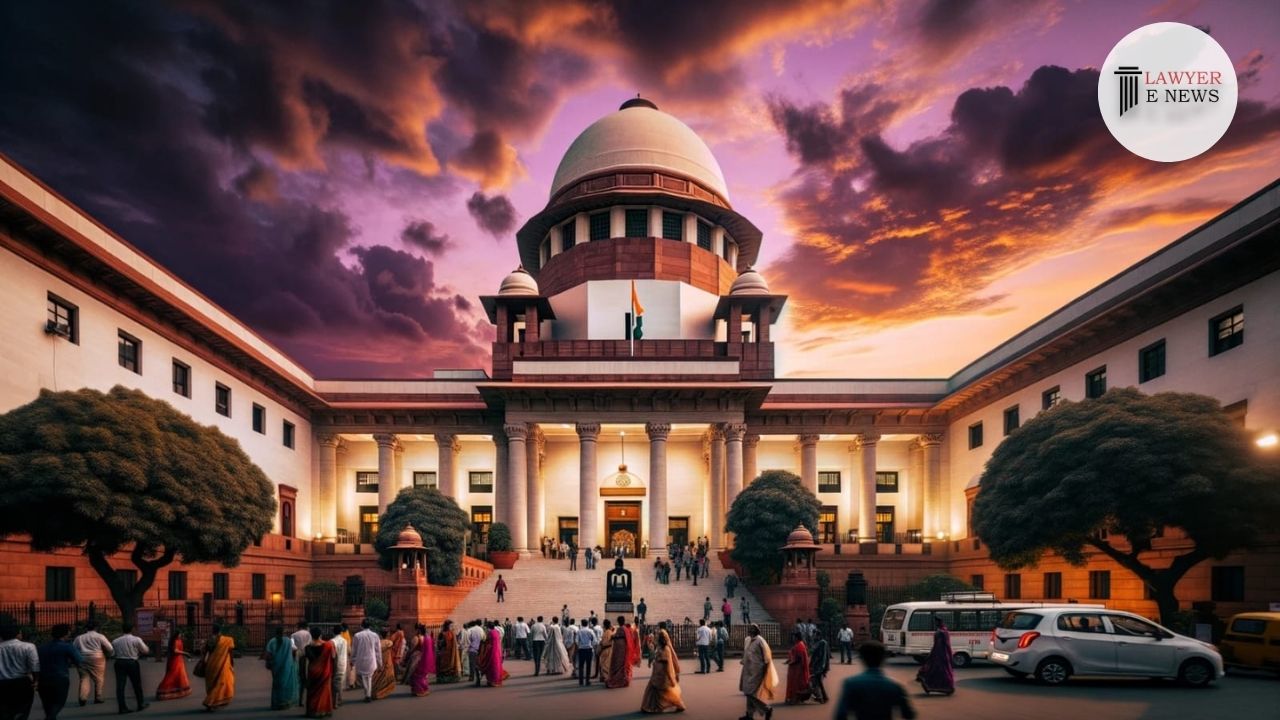-
by sayum
14 February 2026 2:22 PM



The Supreme Court mandates objective assessment of Shewalkar Developers’ construction application, emphasizing compliance with the 2017 ESZ notification and pending writ appeal outcomes.
In a significant judgment delivered on May 16, 2024, the Supreme Court addressed a long-standing dispute involving Shewalkar Developers Ltd.’s application to construct a health/eco-resort on land within the Pachmarhi region. The bench, comprising Justices B.R. Gavai and Sandeep Mehta, emphasized the need to uphold proprietary rights under Article 300A of the Indian Constitution while ensuring compliance with environmental regulations, notably the Eco-Sensitive Zone (ESZ) notification dated August 9, 2017.
The dispute centers around two plots, 14/3 and 14/4, in Pachmarhi, Madhya Pradesh, purchased by Shewalkar Developers Ltd. In 1991. The land, initially contested as part of the Pachmarhi Wildlife Sanctuary, saw multiple legal battles concerning its classification and permissible use. The applicants faced opposition from state authorities, citing the ESZ notification and pending litigation about the land’s title.
The Supreme Court underscored the critical nature of medical evidence in legal adjudications, drawing parallels to its importance in corroborating facts in environmental and land use cases. The bench noted, “Medical reports are crucial in cases of legal disputes as they provide objective evidence that supports the parties’ claims.”
Addressing the conflicting claims and objections raised by various state authorities and the Central Empowered Committee (CEC), the Supreme Court observed that initial administrative actions and subsequent legal affirmations provided consistent support for the applicant’s claims. The bench remarked, “The initial approvals and mutations granted to the applicant were consistent and detailed. Subsequent administrative challenges appear influenced by extraneous factors.”
The judgment extensively discussed principles of property rights under Article 300A and compliance with environmental regulations. It reiterated that proprietary rights, once established and unchallenged, cannot be infringed without substantive legal grounds. The court stated, “In the present case, the applicant’s proprietary rights over the land are affirmed, subject to compliance with the ESZ notification. Any construction activities must align with environmental norms and pending legal outcomes.”
Justice Sandeep Mehta remarked, “The proprietary rights guaranteed under Article 300A of the Constitution of India cannot be infringed merely on account of pending appeals or administrative objections. Objective assessment of the construction application is mandated.”
The Supreme Court’s decision mandates that the local authorities and CEC objectively assess Shewalkar Developers’ application within two months, considering the land’s location concerning the ESZ boundaries and existing resorts. This judgment reinforces the judiciary’s commitment to balancing proprietary rights with environmental protection, setting a precedent for future cases involving land use in eco-sensitive zones.
Date of Decision: May 16, 2024
T.N. Godavarman Thirumulpad v. Union of India & Ors.
